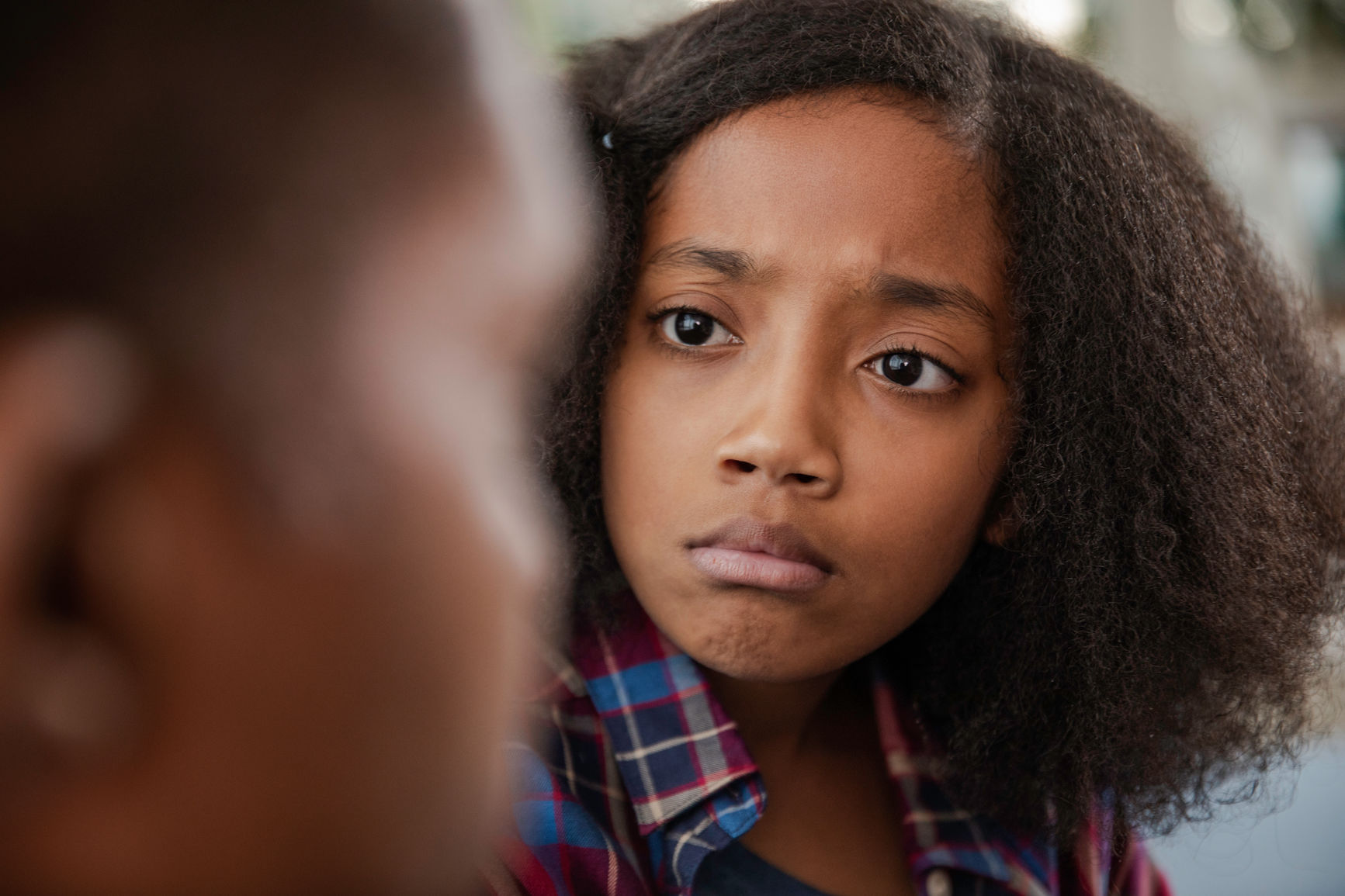What It’s Like to be Labeled a Rude Black Girl

Credit to Author: Kimberly Lawson| Date: Thu, 16 May 2019 18:17:25 +0000
Sandra Abraham, now a 33-year-old lawyer who works in compliance, was in the first grade when she first came to understand that being Black meant something more than the colour of her skin. She lived in Michigan at the time, and her best friend was a white girl named Kelly.
“I absolutely loved her,” said Abraham, who lives in North Carolina now. Kelly was also friends with another girl in their class named Kathleen, who refused to play with Abraham. It never dawned on her why, though, until one day in gym class.
“Kathleen got so frustrated with Kelly playing with me, so intensely angry, that she grabbed my arm and ran her nails down my arm with both hands and drew blood,” Abraham recalled. “I screamed at her and was like, ‘What are you doing?’ She was like, ‘I can’t play with you because you’re Black; I’m trying to get the dirt off you.”
Instead of rushing over to console her, Abraham said, her teachers didn’t react at all. “Just ushered in the class, ‘Stop crying, move on with your day,’ type of thing. It wasn’t until I got home that I got the lesson from my parents on being Black.”
Abraham’s eye-opening experience echoes the findings of a new report on adultification bias—in which adults presume Black girls as being more “adult-like” and less innocent than white peers—released on Wednesday from the Georgetown University Law Center on Poverty and Inequality. Building on research released in 2017 that found that adults view Black girls as less innocent and needing less protection than their white counterparts, the study illustrates how common this harmful perception is through perspectives from Black women and girls themselves.
Researchers conducted focus groups in towns and cities across the U.S., in which participants ranged from 12 to more than 60 years old. According to the report, almost all of them said that the study’s findings abou adultification bias aligned with their life experience.
“To participants, in fact, the concept of adultification bias was far from novel,” the report’s authors note. “To them, the questions our research team posed about our quantitative findings were going over well-trodden ground.”
In fact, participants overwhelmingly agreed that adultification bias was one of the driving factors behind why Black girls are more likely to be punished in the school system. (Research shows that Black girls are six times as likely to be suspended from school as white girls.)
One woman in her 20s told researchers: “I remember, even in elementary school, I had to transfer to different schools, and the other school didn’t want to take me because I had assault and battery on my record, and the reason I had assault and battery was because … during a, um, a game [at recess], one of the balls, like, hit the girl in the face.” The woman explained that she wasn’t taken to the principal’s office at the time, but it was still put on her record.
Participants also described experiences with adults who assumed they were sexually active at an early age or were labeled as “loud, aggressive, and angry” or “having an attitude problem.” This, the report explains, are examples of “coded language” associated with negative stereotypes of Black women.
One teenager said: “[T]he minute that the teacher think[s] that you’re … you’re sassing them — the minute that they think that you’re just being … rude, they just send you out the classroom. And they’ll send the security guards to deal with you. Or they walk out the classroom with you to go talk to you.”
Something that emerged from these discussions that wasn’t quite captured in the first study was how Black women and girls perceive the way adults treat white girls differently, said Rebecca Epstein, the executive director of the Georgetown Law Center on Poverty and Inequality and one of the authors on the study. “Our participants told us in different ways that adults valued ‘white girls’ tears’ more than they valued ‘Black girls’ tears,’” Epstein said. “They were able to communicate in a more powerful way than a quantitative study can what it feels like to face this kind of racism that is unique to Black girls.”
What was particularly powerful about this set of data was being able to “hear the consistency of this experience across generations,” Epstein said. While Black girls in their teens and twenties shared recent experiences of adultification bias, participants in older groups also recalled—“with some pain,” she added—similar stories.
“A seven-year-old’s brain is the same regardless of what race that child is,” Epstein said. “We need to stop holding Black girls to a more adult-like standard that gives them less leniency than a white girl of the same developmental stage.”
Or, as one teenage participant told researchers: “I think that … adults in general need to … be reminded that Black young girls are still kids.”
This article originally appeared on VICE US.